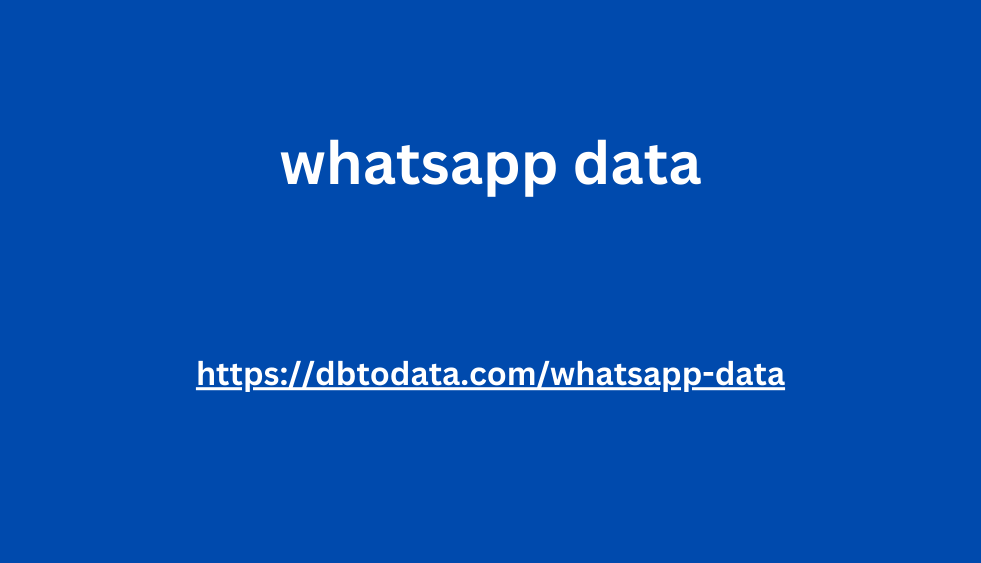Cybersecurity is essential in today’s digital world, protecting valuable information and ensuring business continuity. With online threats on the rise, understanding how to protect yourself is more important than ever. This article discusses the importance of cybersecurity, the main threats, available technologies, and best practices that individuals and businesses should adopt to protect their data.
Main Conclusions
Data protection is vital to maintaining customer trust and business reputation
Cyber threats like phishing and ransomware are constantly evolving and require attention.
Technologies like firewalls and multi-factor authentication are crucial to digital security.
Individuals should use strong passwords and be aware of online security practices.
Compliance with regulations, such as the LGPD, is essential to protect personal data and avoid penalties.
The Importance of Cyber Security
Cybersecurity is essential to protect our digital assets in an increasingly connected world. With the rise of online transactions and cloud storage, the need to protect sensitive information has never been more critical. Let’s take a closer look at why this is so important.
Digital Asset Protection
Businesses need to ensure that their data and systems are secure. This involves:
Identify risks : Know where the vulnerabilities are.
Implement security measures : Use firewalls, antivirus and other tools.
Train employees : Educate staff on good safety practices.
Impact on Business Reputation
A cyberattack can cause significant whatsapp data damage to a company’s reputation. When data is leaked, customer trust is shaken. This can result in:
Loss of customers : Consumers tend to avoid companies that do not protect their data
Drop in sales : A negative reputation can directly affect profits.
Difficulties in partnerships : Abuuritaanka Mawduuc ku saabsan Dhagaystayaashaaga Other companies may be hesitant to collaborate.
Regulatory Compliance
In addition to protecting data, aleart news compliance with regulations such as the LGPD is essential. This not only helps you avoid penalties, but also:
Strengthens security posture : Companies that follow standards tend to have more robust systems.
Promotes an organizational culture : Safety becomes a priority at all levels.
Increases consumer confidence : Customers feel more secure knowing that their information is protected.







